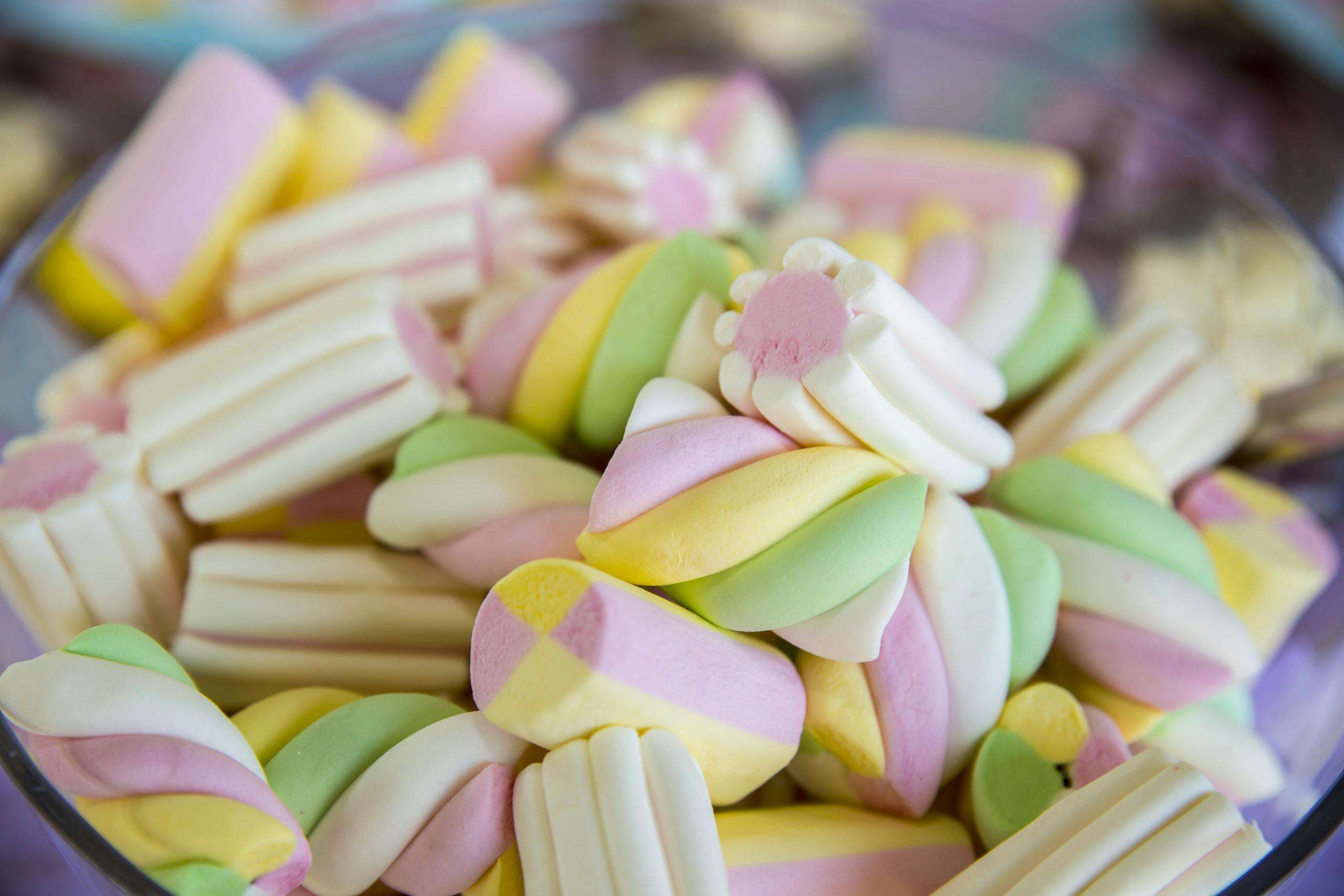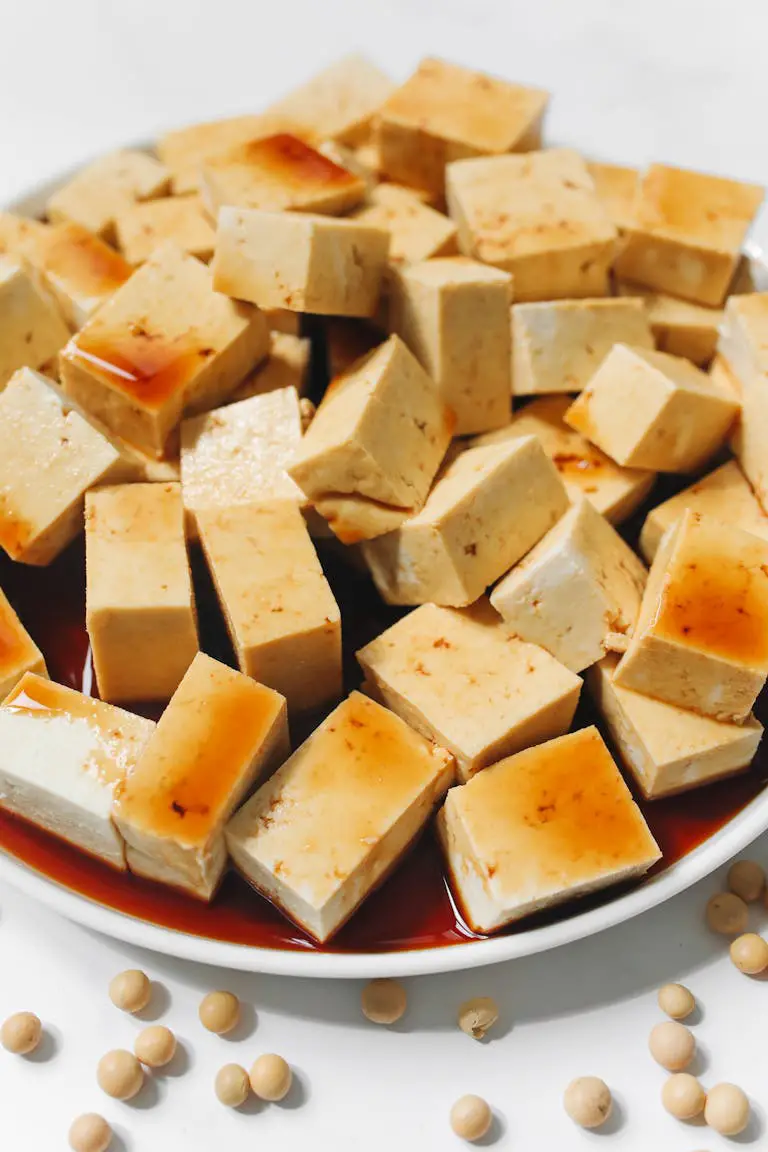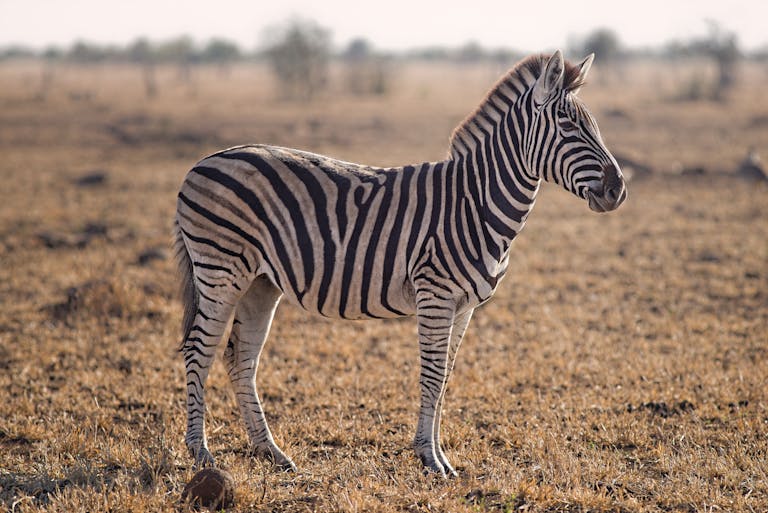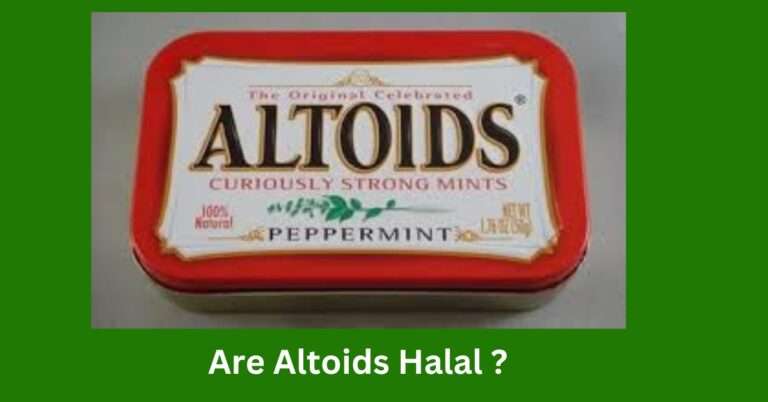Are Marshmallows Halal? Unraveling the Truth Behind Your Favorite Treat
Marshmallows are a beloved treat around the world, enjoyed in hot chocolate, desserts, and campfire s’mores. Their soft, fluffy texture and sweet flavor make them a favorite for both kids and adults. However, if you follow a halal lifestyle, you may be wondering, are marshmallows halal?
QUICK ANSWER: IT DEPENDS ON THE SOURCE OF GELATIN AND ITS INGREDIENTS.
Determining whether marshmallows are halal is essential due to the ingredients they contain. The primary concern lies in gelatin, an animal-based product that can be sourced from both halal and haram animals. In this article, we’ll dive deeper into the ingredients of marshmallows and help you find out whether they fit within a halal diet.
What are Marshmallows Made of?
Marshmallows typically contain:
- Gelatin: A key ingredient responsible for their chewy texture.
- Sugar: Provides sweetness.
- Corn syrup: Aids in texture and consistency.
- Flavorings: Vanilla or other flavors for taste.
Among these, gelatin is the most important ingredient to scrutinize when determining whether marshmallows are halal or haram.
Halal and Haram Ingredients in Marshmallows
Gelatin plays a critical role in marshmallows’ unique texture. However, the source of the gelatin makes a significant difference in determining whether the product is halal or haram.
Halal Gelatin Sources
- Beef or fish gelatin sourced from animals slaughtered according to Islamic law.
Haram Gelatin Sources
- Pork gelatin, or beef gelatin from animals not slaughtered in a halal manner.
Other ingredients like emulsifiers and flavorings can also raise concerns, especially if they come from questionable or animal-based sources.
Is Gelatin in Marshmallows Halal?
Gelatin in most mainstream marshmallows comes from pork or non-halal beef, making them haram for Muslims. However, some marshmallow brands specifically use gelatin from halal-certified beef or fish.
To determine whether the gelatin in a product is halal, it’s essential to verify the source. If the gelatin comes from pork, the marshmallows are haram. On the other hand, marshmallows containing gelatin from halal sources like fish or beef can be considered halal.
Halal Alternatives to Regular Marshmallows
Luckily, there are halal marshmallow options available. Several brands specifically produce halal-certified marshmallows that are free from pork gelatin. Additionally, vegan marshmallows, which use plant-based gelling agents like agar-agar or carrageenan, are also a good alternative since they contain no animal products at all.
Some Popular Halal Marshmallow Brands:
- Ziyad Halal Marshmallows
- SweetZone Halal Marshmallows
- Dandies Vegan Marshmallows (plant-based)
These options are widely available in specialty stores or online, offering a great substitute for regular marshmallows.

How to Identify Halal Marshmallows
When shopping for marshmallows, follow these tips to ensure you’re buying halal products:
Check for Halal Certification
Look for halal certification symbols on the packaging to confirm that the marshmallows meet halal standards.
Read the Ingredients List
Ensure the gelatin is listed as halal beef or fish-based. Avoid products that mention pork or unspecified animal gelatin.
Watch Out for Other Ingredients
Be wary of emulsifiers, colorings, and flavorings that could come from non-halal sources.
Islamic Scholarly Opinions on Marshmallows
Islamic scholars differ in their rulings on consuming marshmallows depending on the source of the gelatin. Most scholars agree that marshmallows made with halal-certified gelatin are haram if the gelatin is derived from pork or non-halal beef. However, marshmallows made with halal-certified gelatin are permissible.
Some scholars also discuss whether gelatin transforms (istihalah) during processing, making it pure despite its original source. This opinion, however, is not universally accepted.

Final Take
The halal status of marshmallows largely depends on the source of gelatin. Marshmallows made with pork gelatin are considered haram, while those with halal-certified beef or fish gelatin are permissible. Alternatively, vegan marshmallows are an excellent choice for Muslims looking for a halal-friendly option.
To ensure you’re consuming halal marshmallows, always check the packaging for halal certification and carefully read the ingredients.
Frequently Asked Questions
Are vegan marshmallows halal?
- Yes, vegan marshmallows typically use plant-based gelling agents, making them suitable for a halal diet.
Can Muslims eat marshmallows without halal certification?
- It’s best to avoid marshmallows without halal certification unless you can verify the source of the gelatin.
What makes marshmallows haram?
- The use of pork-derived gelatin or non-halal beef gelatin makes marshmallows haram.
Where can I find halal marshmallows?
- Many halal-certified or vegan marshmallow brands are available online or in specialty stores.







